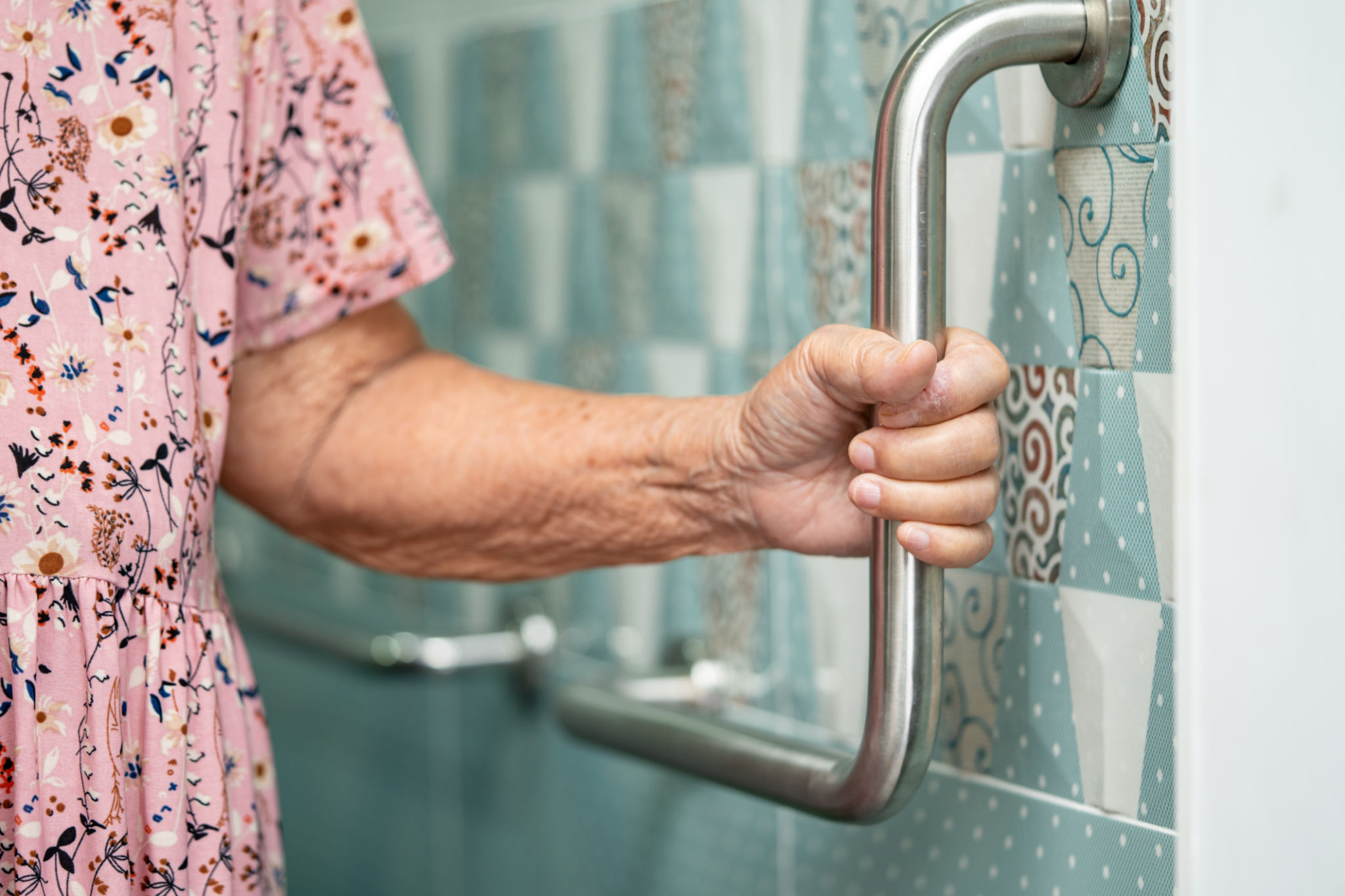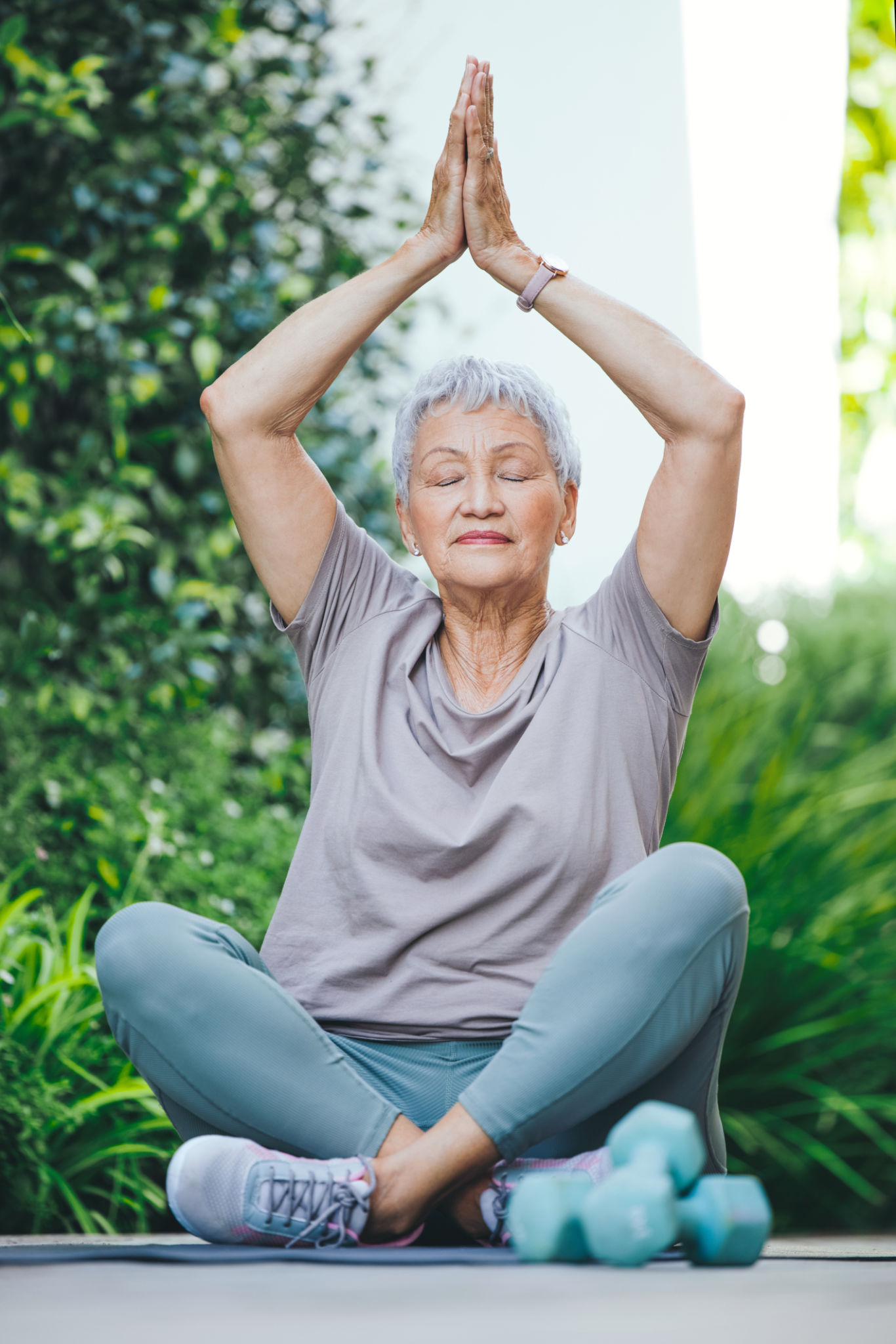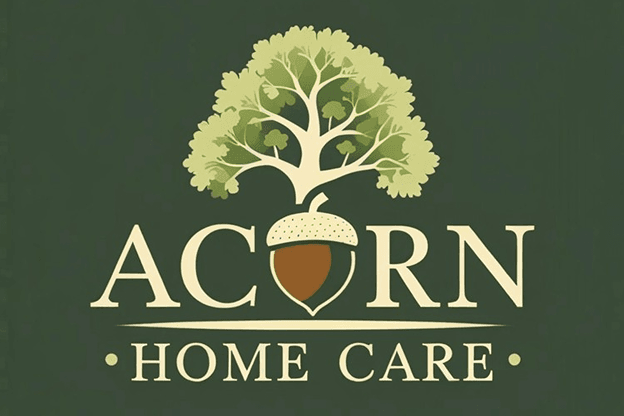Expert Tips for Effective In-Home Senior Care
KP
Understanding the Needs of Seniors
Providing effective in-home senior care begins with understanding the unique needs of each individual. Every senior has different medical, physical, and emotional requirements that must be addressed. Conducting a comprehensive assessment can help caregivers tailor their approach to suit these specific needs. This may include considering mobility challenges, dietary restrictions, or medication management.

A personalized care plan can significantly enhance the quality of life for seniors. By focusing on their preferences and daily routines, caregivers can ensure that seniors feel comfortable and supported in their own homes. This approach not only promotes independence but also fosters a sense of dignity and respect.
Ensuring Safety at Home
One of the primary responsibilities of in-home senior care providers is to ensure that the living environment is safe. Falls and accidents are common among seniors, so it is crucial to identify and mitigate potential hazards. Here are some key safety measures to consider:
- Install grab bars in bathrooms and along staircases.
- Ensure that all areas are well-lit, especially hallways and entrances.
- Remove clutter and secure loose rugs to prevent tripping.
- Arrange furniture to allow easy mobility with assistive devices.

Promoting Social Interaction
Social interaction plays a vital role in maintaining the mental and emotional well-being of seniors. Caregivers should encourage regular communication with family, friends, and community members. This can be achieved through scheduled visits, phone calls, or virtual meetings.
In addition to personal interactions, engaging in group activities or local senior programs can provide a sense of community and belonging. These activities not only keep seniors active but also help them build new relationships and interests.
Supporting Health and Nutrition
Seniors often face challenges related to nutrition and health management. It is essential for caregivers to understand dietary needs and restrictions, ensuring that meals are balanced and nutritious. Collaborating with a nutritionist or dietitian can provide valuable insights into meal planning and preparation.

Moreover, caregivers should monitor any health changes and maintain regular communication with healthcare providers. Keeping track of medication schedules and medical appointments is crucial in managing chronic conditions effectively.
Encouraging Physical Activity
Physical activity is important for maintaining strength, flexibility, and overall health in seniors. Depending on their capabilities, caregivers should incorporate appropriate exercises into daily routines. Simple activities like walking, stretching, or gentle yoga can make a significant difference.
It is important to tailor exercises to individual abilities and consult with healthcare professionals to avoid any adverse effects. Regular physical activity not only improves physical health but also boosts mood and cognitive function.

Emphasizing Emotional Support
Emotional support is an often overlooked but crucial aspect of in-home senior care. Caregivers should be attentive to signs of depression or anxiety, which are common among seniors facing isolation or health challenges. Providing companionship and a listening ear can greatly improve their emotional well-being.
Engaging seniors in meaningful conversations, hobbies, or activities they enjoy can also enhance emotional health. Encouraging them to express their feelings and thoughts helps build trust and strengthens the caregiver-senior relationship.
